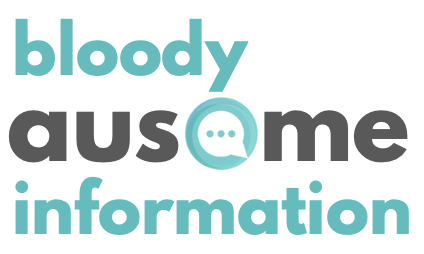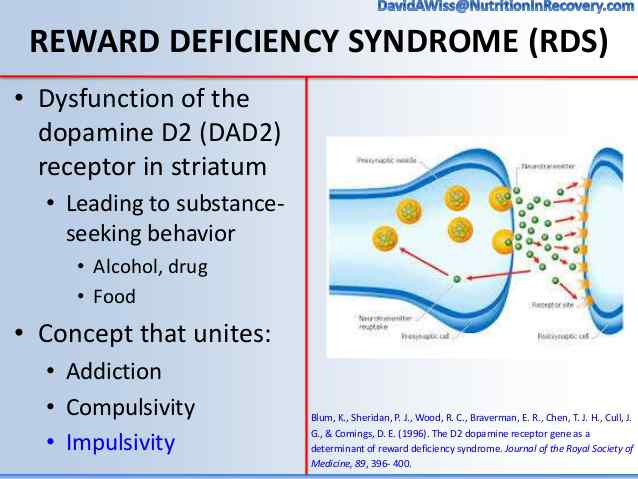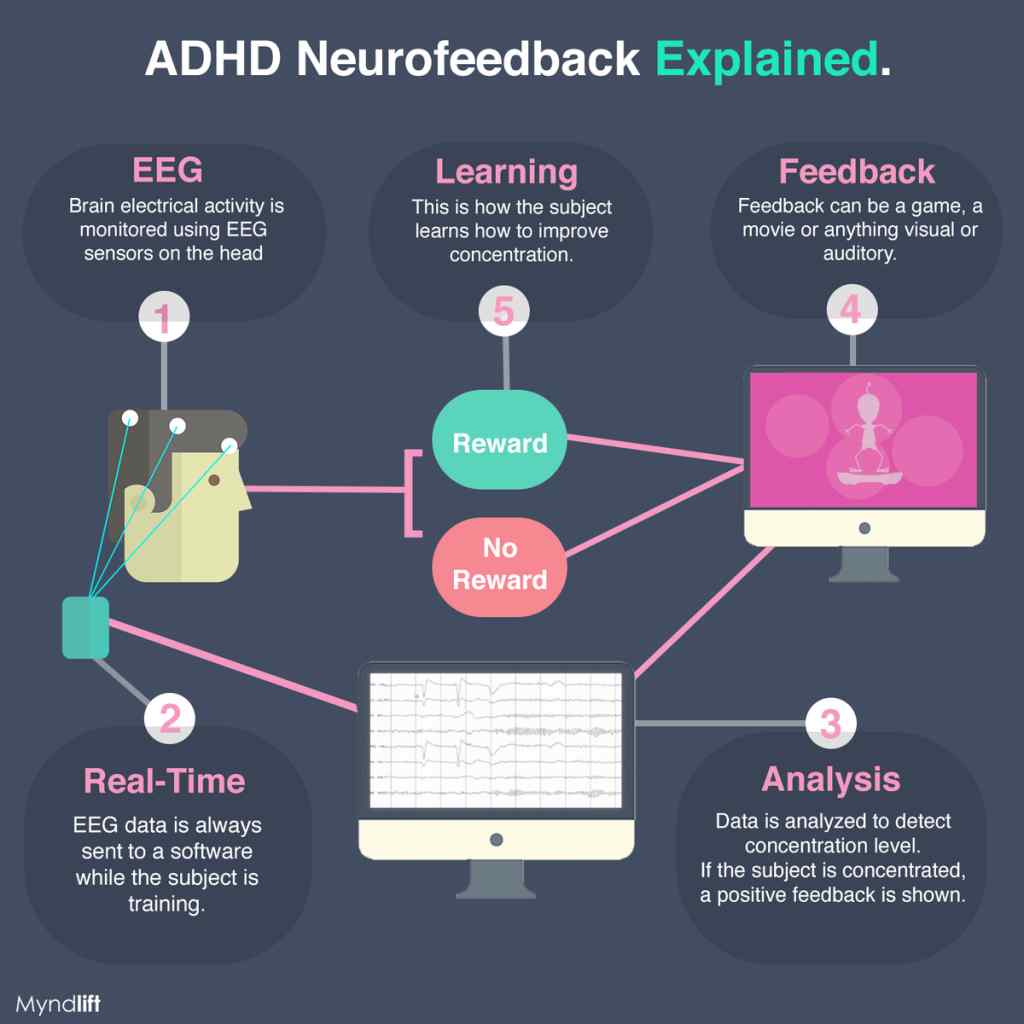Sections
What is Reward Deficiency Syndrome (RDS)?
Reward Deficiency Syndrome (RDS) is a term that connects addictive, compulsive and impulsive behavioural disorders. RSD is another lesser-known feature that can be associated with ADHD (the other being Rejection Sensitive Dysphoria).
When a reward is anticipated, dopamine is released to various parts of the brain which activates our motor functions, attention and memory pathways.
Whatever the addiction or obsession (substances OR behaviours) that has stimulated the neurotransmitters in our brains to get dopamined up is accessed and exploited. When adding impulsivity into the mix, the behaviours are not necessarily well-thought-through or considered, the consequences are often ignored resulting in undesirable or questionable behaviour.






